Thursday Feb 26, 2026
Thursday Feb 26, 2026
Tuesday, 16 November 2021 03:00 - - {{hitsCtrl.values.hits}}
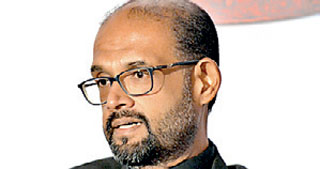
Standard Chartered Bank Executive Director/ Financial Institutions Head Lakshan Goonetilleke
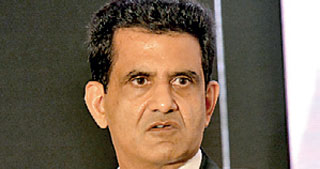
Airtel Lanka MD/CEO Ashish Chandra
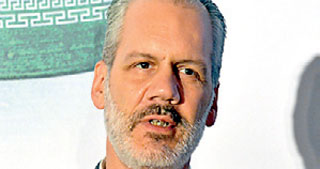
A. Baur & Co. Managing Director/CEO Rolf Blaser
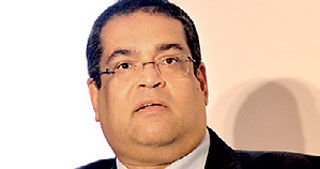
CEAT Kelani Holdings MD/CEO Ravi Dadlani
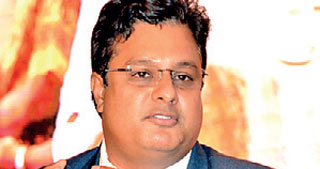
GSK Pharmaceuticals Country Head Sundar Ramachandran

SPAR Sri Lanka CEO Martin Schoeman
International firms yesterday called for clarity and policy consistency to encourage foreign direct investments (FDIs), whilst raising concerns over the methodology adopted to meet revenue targets of Budget 2022.
At the first physical Post-Budget Forum jointly organised by the Daily FT and the University of Colombo MBA Alumni Association, several firms focused on the effectiveness of the Budget 2022 to spur much-needed foreign direct and portfolio investor interest to make Sri Lanka more competitive and attractive.
Standard Chartered Bank Sri Lanka Executive Director/Head of Financial Institutions Lakshan Goonathilake was among many who insisted on more clarity in the medium-term to promote Sri Lanka as an export-led economy.
“It is great to see the Government having policies in terms of working towards reducing the Budget deficit and plans they want to implement. However, we see it is more short-term with the tax increases, whereas institutional investors were looking to hear the medium-term plans,” he pointed out.
He said that Government has set an ambitious $ 19 billion export target, whilst Budget 2022 is more focused on rural development than promoting FDIs and exports.
“The market was expecting a marriage between the short-term Road Map declared by the Central Bank and the Budget 2022. Long-term funding plans are essential, and it was something that the banks and industries were waiting for as it leads to foreign exchange issues with remittances being slowed down or coming to a standstill. The lack of specific timelines on how the Government is planning to bridge the foreign funding is causing serious concerns on the credibility,” Goonathilake said.
He recommended that the Government open up and explore long-term international fund opportunities than depending on domestic funding.
A. Baur & Co. Managing Director/CEO Rolf Blaser said Sri Lanka could be more attractive if the Government could harmonise its policies and standards with the international standards.
“The Government policy framework, ‘Vistas of Prosperity and Splendour’ outlined that the transition to organic fertiliser will be phased out over a period of 10-years, but the implementation of the policy has left the investors confused with no clarity or policy direction,” he said.
Welcoming the intention to move into organic agriculture backed by sustainable policies, Blaser pointed out it needs to be conducted with more harmonised policies to cover the entire gamut of inputs and its traceability.
GSK Pharmaceuticals Country Head Sundar Ramachandran recommended the Government to pay attention to the existing export-oriented investors and get their narrative to attract new investors over the next few years.
SPAR Sri Lanka CEO Martin Schoeman welcomed the continued efforts to ease imports and exports via ‘Single Window facilitation’.
Noting that the 2022 Budget is short-term revenue-driven, he said it has a 50:50 opportunity to sustain regeneration of FDIs, whilst cautioning on the insistent policies which would hamper the potential growth.
Airtel Sri Lanka Managing Director/CEO Ashish Chandra welcomed the fact that there were no major abrupt taxes introduced in these trying times post-pandemic, which has given confidence to the market that the Government has not deterred from its commitments.
CEAT Kelani Holdings Managing Director Ravi Dadlani called for more market access to aid the export-led economic growth, whilst calling for policy clarity and consistency that does not change from Budget-to-Budget to attract FDIs.
Technical partner PwC’s Director – Tax Services Charmaine Tillekeratne detailed the Government’s rationale behind proposals and target revenue generation.
“Overall, a lot of revenue proposals are in the form of policy at the moment. Most of them are not going to be materialised in the next year — knowledge hub concept, techno parks. Thereafter, once the Government commences the implementation process, a lot of groundwork needs to be done, such as setting up arbitration centres and a legal framework around it. The importance lies in the continuation of these policies, rather than abandoning them halfway,” she explained.